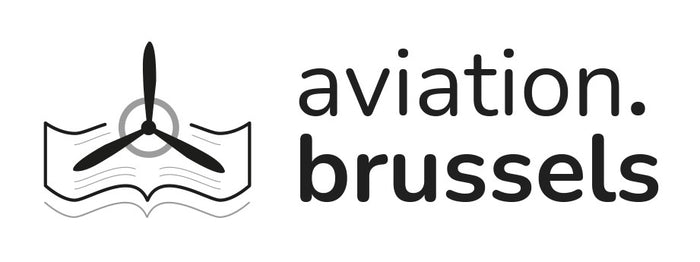le champ de bataille électronique
Product image 1

Product image 2

Product image 3

Product image 4

Product image 5

Product image 6

Product image 7

Product image 8

Product image 9

Product image 10

Product image 11

Product image 12

Product image 13

Product image 14

Prix régulier 35,00 € TTC 6%
Contenant plusieurs photographies, ce livre traite d'un sujet peu abordé, mais au combien important dans l'histoire de l'aviation : le champ de bataille électronique.
Caractéristiques
| Format | 19 x 15 x 2 cm |
| Nbr. de pages | 228 |
| Traduction | Ouvrage publié en anglais THE ELECTRONIC BATTLEFIELD. Traduction par Ch. Michaux et J. Joba |
| Finition | Broché cousu |
| Année d’édition | 1979 |
| Langue | Français |
| État du livre | Bon état |
| Auteur | Paul Dickson |
| Éditeur | ÉDITIONS FRANCE - EMPIRE |
Description
« Taisez - vous ! Méfiez - vous ! Les herbes ennemies vous écoutent ! »
… Des milliers de détecteurs enfoncés dans le sol balancent au rythme de la brise leurs antennes vertes et graciles confondues aux herbes de la prairie… Des caméras pointent, invisibles à travers les branchages... Thermographes, enregistreurs olfactifs se mêlent aux fleurs. Tout cela vous écoute, vous voit, vous pèse, vous renifle, prend votre température. Tout cela est possible. Tout cela s'est vu. Ce n'est qu'un aspect bucolique du système de surveillance sans faille, dont le Vietnam fut pour les techniciens de guerre le banc d'essai. Et ces charmants petits gadgets cafardeurs peuvent aussi bien en moins de deux minutes et à point nommé, déverser sur vous, selon que vous êtes en période de guerre ou de « construction révolutionnaire », le matraquage adverse ou les sbires de la « police de la pensée ».
( ... ) Ici s'étale toute la séduction du massacre par ordinateur, contemplé d'un confortable fauteuil. Mais pour une mise en garde ! Et le ton s'élève pour évoquer « la guerre future, nette, désinvolte, aux tueries programmées comme une comptabilité de grand magasin..., où la mort presse - bouton éliminera jusqu'à ce lien tragique d'humanité qui subsistait dans le combat... ». ( ... )
Paul Dickson ( 1939 ) est né à Yonkers ( New York, États - Unis ). Diplômé de la Wesleyan University ( Middletown, Connecticut ), Paul Dickson est un écrivain indépendant ayant, à son actif, plus de 65 ouvrages non romanesques ( principalement sur l'anglais américain et la culture populaire ). Il est un membre fondateur, ainsi qu'un ancien président, des Washington Independent Writers. Il est, également, membre du National Press Club.
Paul Dickson a écrit de nombreux articles sur une grande variété de sujets, incluant le baseball et l'armée. Il possède son propre site Internet : pauldicksonbooks.com.
Voici, parmi ses ouvrages publiés, quelques titres : Think Tanks ( 1971 ), The Great American Ice Cream Book ( 1973 ), The Official Rules : The Definitive, Annotated Collection of Laws, Principles and Instructions for Dealing with the Real World ( 1978 ), Slang ! The Topic - by - Topic Dictionary of Contemporary American Lingoes ( 1990 ), Labels for Locals : What to Call People from Abilene to Zimbabwe ( 1997 ), The Bonus Army : An American Epic ( with Thomas Allen, 2004 ), The Dickson Baseball Dictionary ( 2009 ), War Slang : American Fighting Words & Phrases Since the Civil War ( 2011 ), Authorisms : Words Wrought by Writers ( 2014 ).
( source : Wikipedia )















